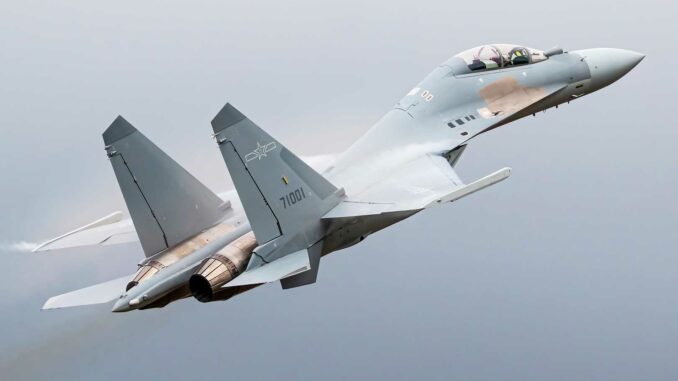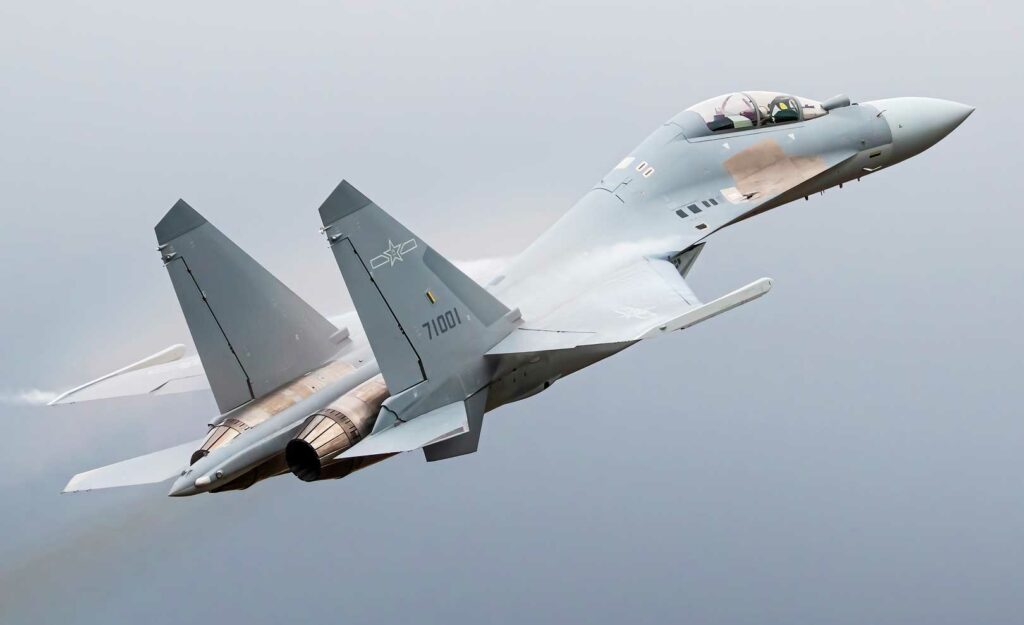
Xi Jinping criticizes Israeli strikes against Iran and offers mediation to stabilize the Middle East, in the name of Chinese energy interests.
China has publicly expressed its concern over the military escalation between Israel and Iran. At a summit in Astana, President Xi Jinping criticized the Israeli strikes, citing a threat to regional security and international interests. Beijing is offering to mediate to stabilize the situation, but its motives are also economic. China imports more than 50% of its oil via the Gulf and has invested heavily in Iran, particularly in energy infrastructure linked to the Belt and Road Initiative. China’s diplomatic intervention is therefore not based solely on principles of sovereignty, but on direct energy and strategic interests. At the same time, Beijing is seeking to present itself as an alternative to US leadership in the Middle East. However, its real ability to influence the course of the conflict remains limited.
An open political statement against Israeli strikes
President Xi Jinping‘s speech in Astana on June 18, 2025, was Beijing’s first official statement on the new military episode between Israel and Iran, which had begun a few days earlier. He described the Israeli offensive as a “violation of sovereignty” and denounced an escalation of tensions that jeopardizes regional stability. This wording is in line with Chinese diplomatic rhetoric, which emphasizes the concepts of respect for sovereignty, non-interference, and collective security.
These remarks were made during a multilateral meeting with leaders from Central Asia, a region where China is expanding its geopolitical and economic influence, particularly through the Shanghai Cooperation Organization. Through this diplomatic channel, Beijing is seeking to establish an alternative narrative to that of Washington, positioning its positions as respectful of international law and focused on dialogue.
By meeting specifically with the president of Uzbekistan, Xi pursued a goal of regional consensus against unilateral approaches. The rhetoric adopted suggests a desire to distance itself from Israeli actions, without expressing military or logistical support for Iran. China is not a signatory to a defense pact with Tehran, but maintains multidimensional strategic cooperation, including in the military sphere.
This position indicates that Beijing is seeking to politically neutralize Israel while avoiding direct confrontation. The goal is to impose its diplomatic legitimacy in an area where US influence is waning, particularly after the tensions caused by the partial withdrawal of US troops from the region since 2021.
China’s energy interests at the heart of the equation
Behind the official stance of neutrality and mediation, Xi Jinping’s statement masks an immediate economic concern: the security of China’s energy supplies. China imports around 10.6 million barrels of crude oil per day, more than 50% of which passes through the Persian Gulf. In 2024, nearly 32% of China’s imported oil came directly from Iran, Saudi Arabia, and the United Arab Emirates.
An open conflict between Israel and Iran therefore represents a strategic risk for the Chinese economy, whose growth still relies heavily on the availability of cheap fossil fuels. Any disruption to tanker traffic in the Strait of Hormuz—through which approximately 20% of the world’s oil passes—would have a direct impact on the price of oil, which already exceeded $95 (approximately $102 US) in June 2025.
As part of its Belt and Road Initiative, China has invested more than €20 billion in oil, gas, and port projects linked to Iran. These projects include the development of the South Pars fields and the construction of an energy terminal in Chabahar, designed to bypass the shipping routes dominated by Western powers.
A prolonged military escalation would undermine these investments, reduce Beijing’s room for maneuver in the oil market, and exacerbate internal tensions linked to the slowdown in economic growth, with the official rate falling below 4.5% year-on-year. This explains why Beijing is adopting a proactive diplomatic line: its primary concern is to preserve its vital energy interests while maintaining an image of stability.

A counter-influence strategy against the United States
Xi Jinping’s statement must also be analyzed within a broader geopolitical context. Since 2022, China has been strengthening its bilateral relations with the Gulf countries and intends to propose an alternative mediation model to that exercised by the United States since the Camp David Accords and the Abraham Accords.
In March 2023, Beijing had already succeeded in bringing Iran and Saudi Arabia closer together diplomatically, demonstrating its ability to intervene in major regional issues. This momentum is now being extended through intensified contacts with Oman, which has relations with Israel, the US, and Iran, and whose territory is home to strategic maritime surveillance facilities.
The goal is clear: to offer regional stabilization without Western military intervention. China supports a multilateral approach, aligned with the positions of the UN, but in reality shaped by its own priorities. By presenting himself as an arbiter, Xi is seeking to marginalize US influence, weakened by criticism of its foreign policy since the chaotic withdrawal from Afghanistan and internal divisions over support for Israel.
However, several analysts point to the structural limits of Chinese influence. Beijing has neither the military alliances nor the regional bases necessary to exert a deterrent effect comparable to that of the US. Furthermore, its role in peace processes is often perceived as passive, due to a lack of concrete commitments or credible pressure on the belligerents.
Xi Jinping’s speech is therefore more part of an international image strategy than a real ability to transform the military balance in the Middle East. However, China’s willingness to mediate is not without consequence: it could encourage some non-aligned countries to reevaluate their partnerships in favor of new multipolar balances.
Risks of escalation and fragility of China’s positions
The military escalation between Israel and Iran represents a critical scenario for global energy security, but also for the credibility of powers claiming to act as mediators. By speaking out publicly, China is taking a calculated diplomatic risk, but one that is not insignificant.
In the event of a widespread conflict, Beijing would probably be unable to intervene militarily to protect its infrastructure or commercial interests. This would weaken its image as a guarantor of stability, particularly in African and South Asian countries that also depend on its energy investments.
Furthermore, Sino-Iranian relations are not without tension. While the two countries share a common opposition to US sanctions, their strategic expectations diverge: Iran wants more concrete support on security issues, while China wants to avoid any direct involvement in a high-intensity conflict.
Finally, China’s position could irritate Israel, whose economic relations with China have slowed since 2022 under US pressure. Beijing will therefore have to balance its stance without upsetting either side too much, or risk losing its status as a credible interlocutor.
War Wings Daily is an independant magazine.